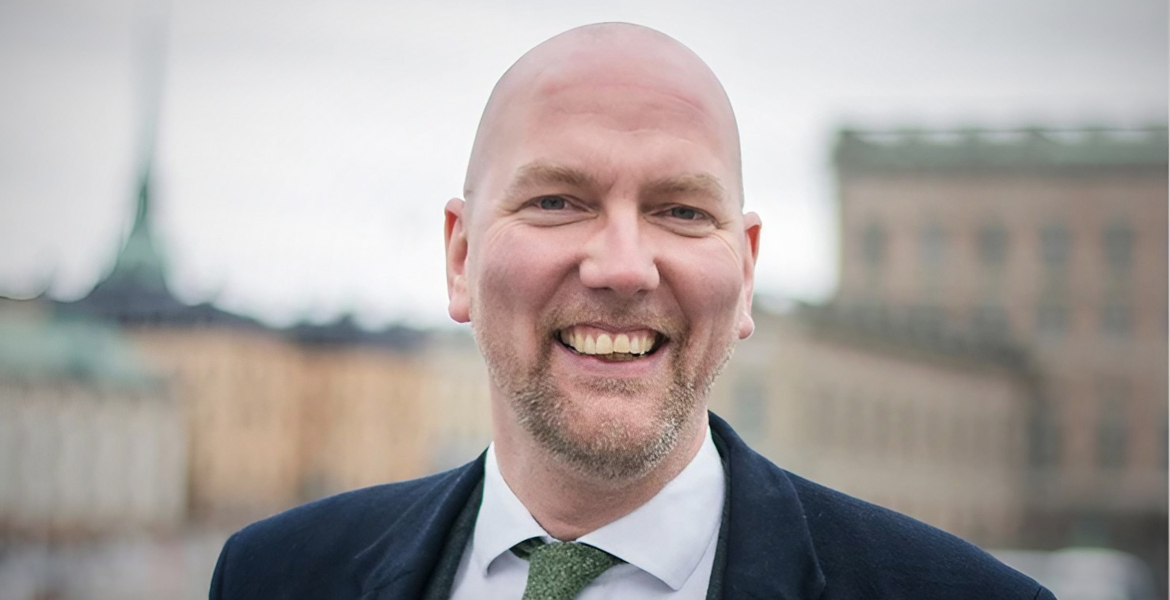Under the Moderate-led government, corruption in Sweden continues to increase and is currently at its worst level since the measurements began.
– It is serious for Sweden that the negative trend has not been broken, says Ulrik Åshuvud, Secretary General of Transparency International.
Every year, the organization produces a Corruption Perceptions Index that ranks 180 countries and territories according to how the level of public sector corruption is perceived by experts, analysts and business people.
It is based on 13 independent data sources and uses a scale from 0 to 100, where 0 is extremely corrupt and 100 means there is virtually no corruption at all.
It should be noted that the Nordic countries and almost all of the Western world are doing relatively well according to the index – but that there is still a clear negative trend for Sweden.
“New low”
As last year, Sweden is ranked 6th, this time with 80 points – two fewer points than last year. Although this is a high score compared to most other countries, it is also the worst result since the surveys began.
– We are now at a new low, it has dropped by nine points since 2015 and that is a very big negative change, says Ulrik Åshuvud in an interview with the Swedish national broadcaster SVT.
According to the index, Sweden is currently the second most corrupt country in the Nordic region – only Iceland scores worse. Meanwhile, Denmark is the least corrupt country in the world, scoring 90 points out of a possible 100. Finland is second with 88 points and Norway is fifth with 81.
There are several factors that mean corruption in Sweden is expected to continue to increase – but Åshuvud believes that the increase in organized crime, lack of transparency in public procurement, conflicts of interest and cronyism are the biggest problems.
Infiltration and extortion
He points out that criminal networks can use undue influence, infiltration and blackmail to influence processes and decision-making of various kinds.
– The decisions taken may not be the right decisions. People make different decisions or avoid making decisions because they feel threatened, he explains.
Another factor that leads to corruption is that Sweden is a fairly small country and that those in power and representatives of different interests often have a relationship with each other from before – which means there is a risk that decisions are made on the wrong grounds.
– There is a tendency to favor others, in recruitment, to bring in people who don’t have the right background or because they know a person they would rather work with. This should not happen in the public sector. It should be based on impartiality and merit.
The world's least corrupt countries according to the CPI:
1. Denmark (90)
2. Finland (88)
3. Singapore (84)
4. New Zealand (83)
5. Luxembourg (81)
5. Norway (81)
5. Switzerland (81)
6. Sweden (80)
7. Netherlands (78)
8. Australia (77)
8. Iceland (77)
8. Ireland (77)
9. Estonia (76)
9. Uruguay (76)
10. Canada (75)
10. Germany (75)
The world's most corrupt countries according to the CPI:
180. South Sudan (8)
179. Somalia (9)
178. Venezuela (10)
177. Syria (12)
176. Yemen (13)
176. Libya (13)
176. Eritrea (13)
176. Equatorial Guinea (13)
175 Nicaragua (14)
174 Sudan (15)
174. North Korea (15)
173. Myanmar (16)
173. Haiti (16)
172. Turkmenistan (17)
172. Burundi (17)
172. Afghanistan (17)
171. Tajikistan (19)
170. Democratic Republic of Congo (20)








